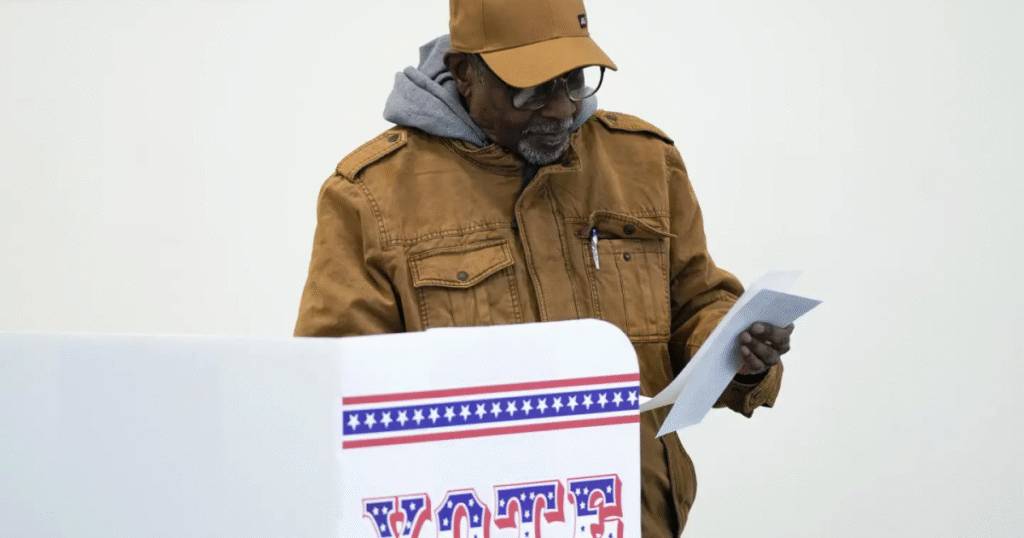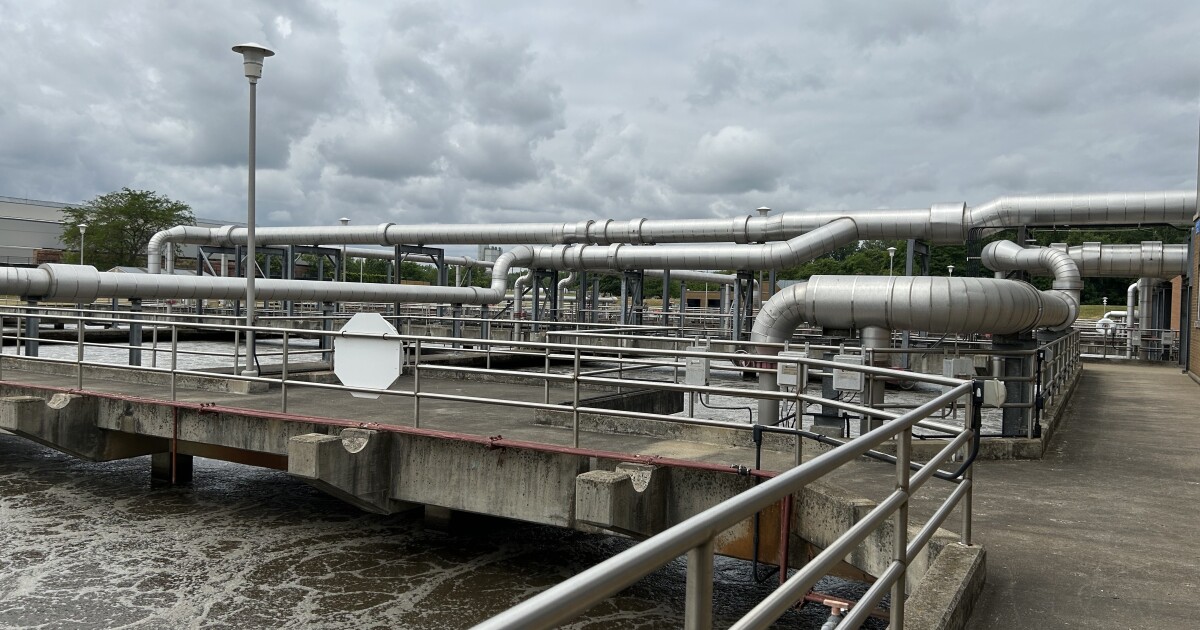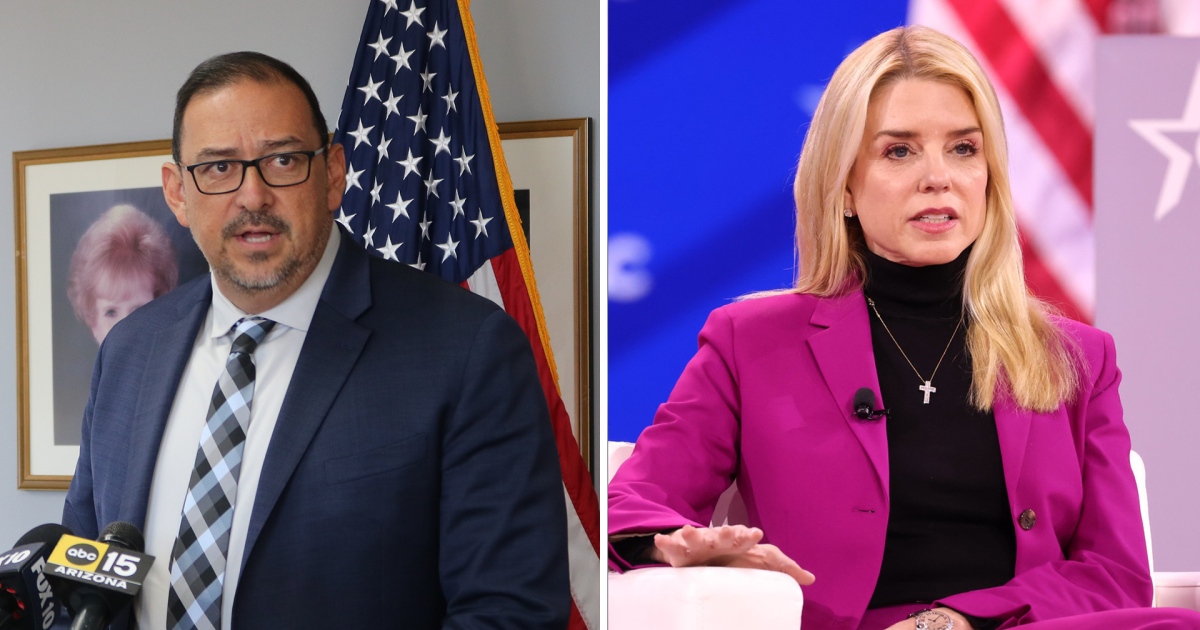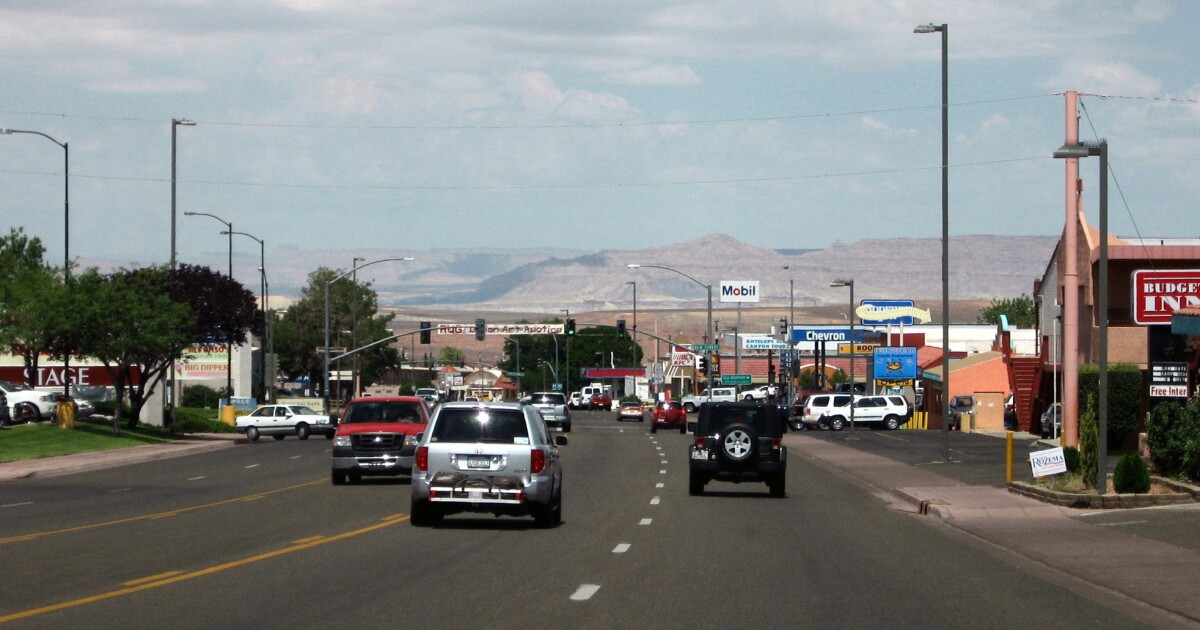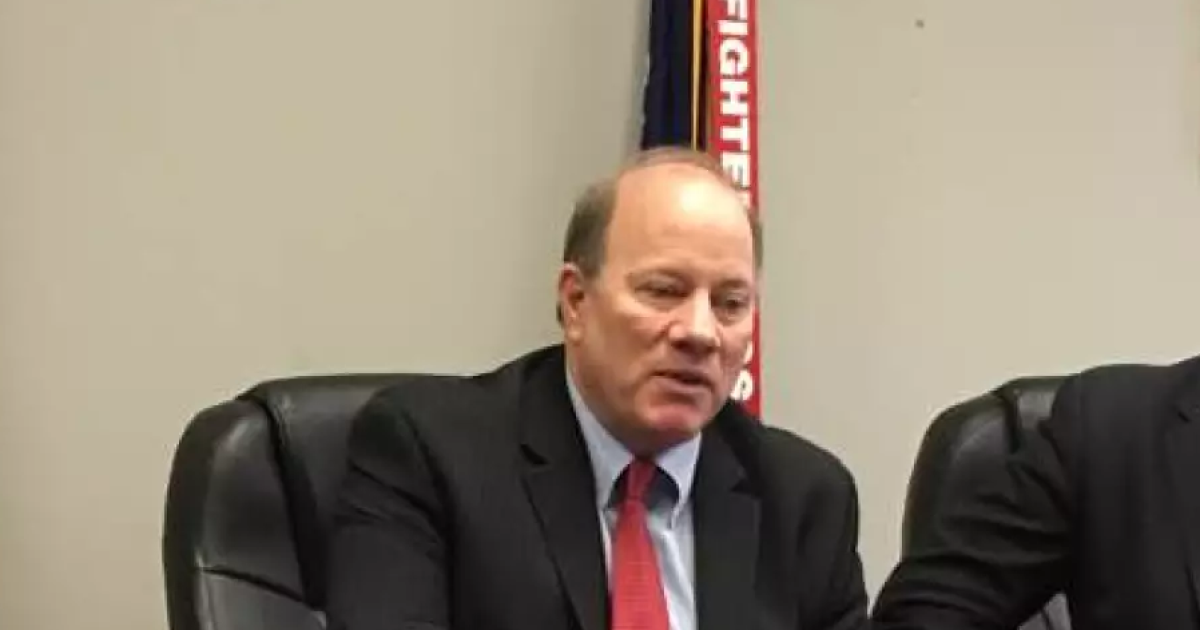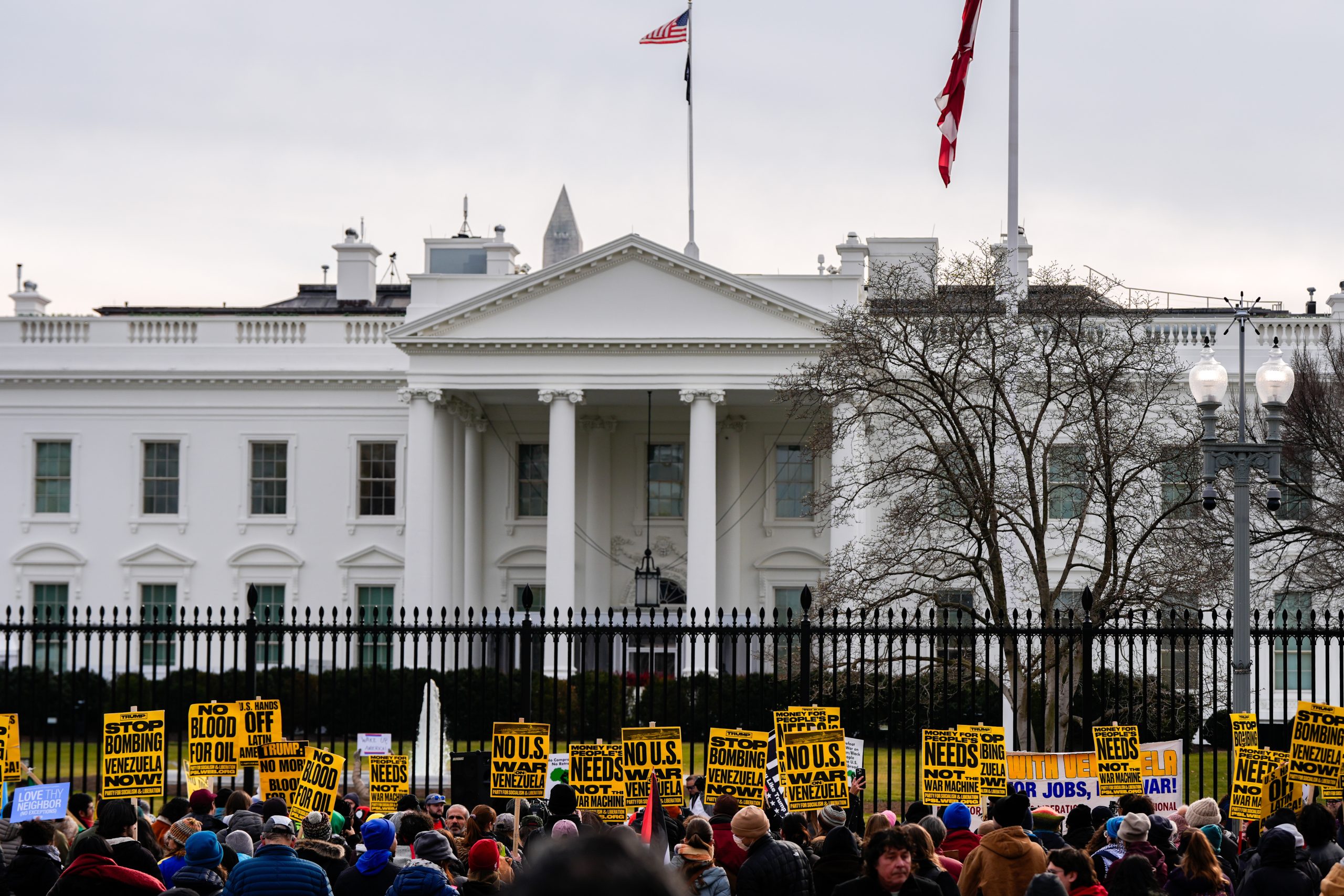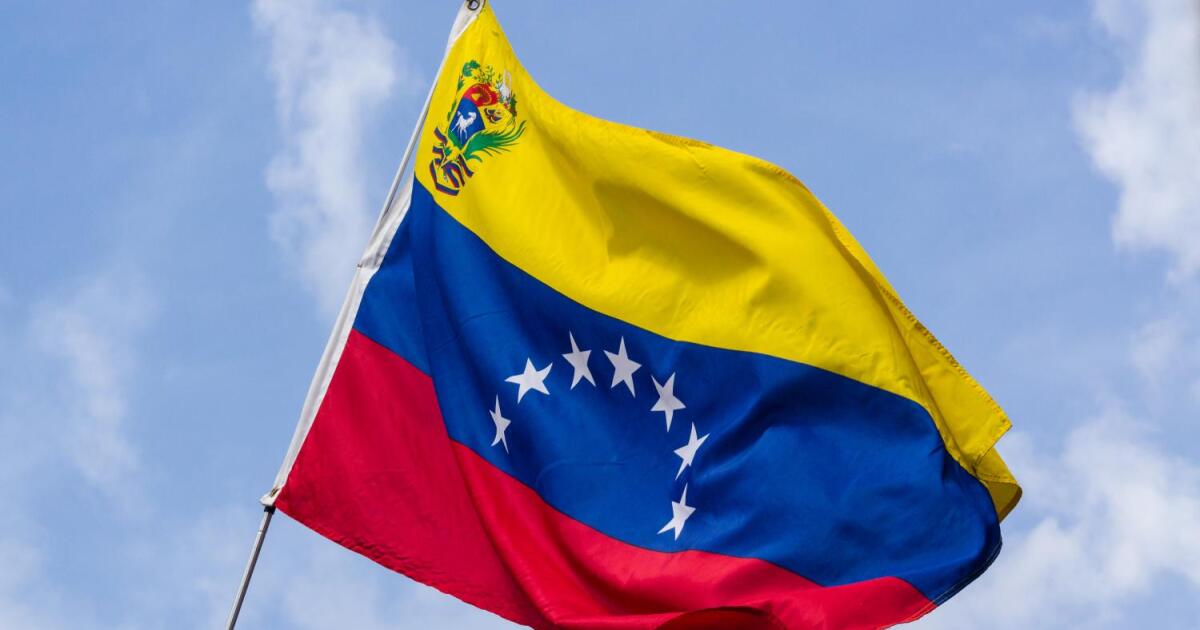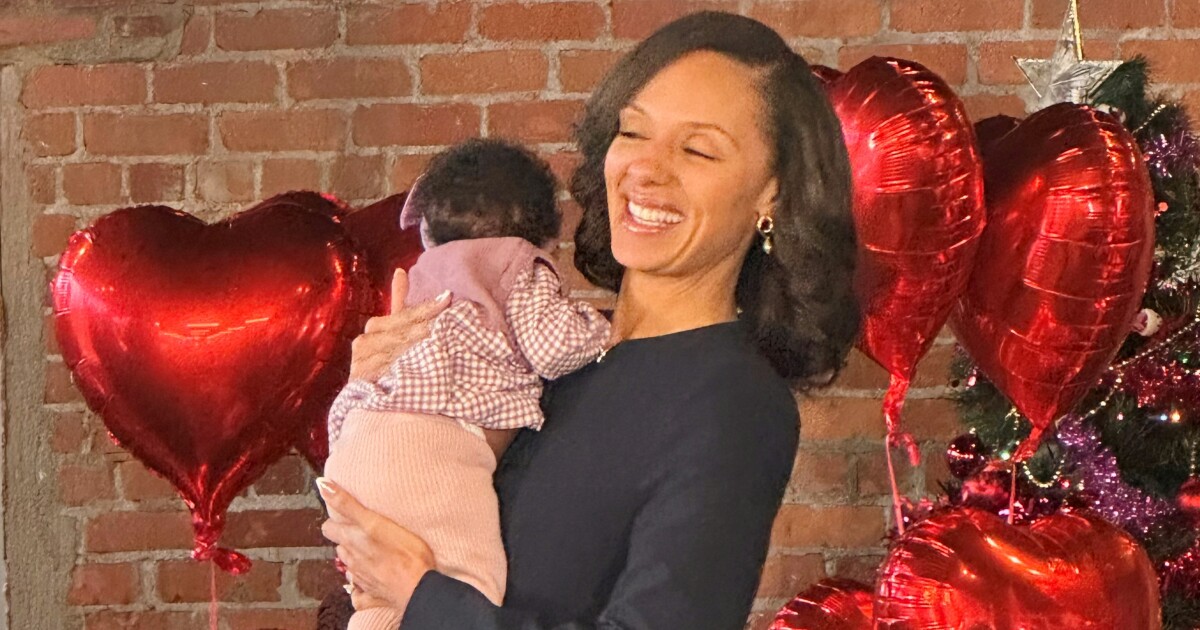Detroit Prepares for a Historic Mayoral Election with Open Seat
Detroit is on the cusp of electing a new mayor, marking the city’s first open-seat mayoral race in twelve years. The election will see City Council President Mary Sheffield and Triumph Church pastor Solomon Kinloch, both Democrats, contesting for the city’s highest office after they secured the top two spots in the August 5 nonpartisan primary. They aim to succeed Mayor Mike Duggan, who is running for governor of Michigan as an independent.
Detroit’s financial landscape has transformed significantly since Duggan’s first election in 2013 when the city was the largest in the U.S. to file for bankruptcy. Now, Detroit enjoys a budget surplus, twelve consecutive years of balanced budgets, and anticipated economic expansion over the next five years. Additionally, crime rates have declined while the population has grown for two consecutive years, according to the U.S. Census Bureau.
Despite these improvements, the incoming mayor will need to tackle issues such as inadequate affordable housing and significant economic disparities across racial groups.
Sheffield has consistently led the fundraising race, with her campaign fund exceeding the combined total of her eight primary opponents by the August primary. By October 19, Sheffield’s campaign had spent over $1.8 million with approximately $772,000 remaining, whereas Kinloch had spent around $160,000 with less than $11,000 left.
After securing over 50% of the primary vote, Sheffield gained endorsements from Duggan and two former primary contenders, Saunteel Jenkins and Fred Durhal. Jenkins, who narrowly missed the general election ballot by securing 16% of the primary vote, endorsed Sheffield along with Durhal, who received about 3%.
Detroit’s electorate is predominantly Democratic, as evidenced by the 2024 presidential election, where voters favored Democratic Vice President Kamala Harris over Republican Donald Trump by approximately a 9-1 ratio.
Nationally, the election occurs amid heightened federal involvement in major cities, with former President Trump deploying or threatening to deploy National Guard troops to several cities, including Los Angeles, Washington, D.C., Baltimore, and Memphis.
Vice President JD Vance, at a rally in Howell, Michigan, offered federal assistance to Gov. Gretchen Whitmer to deploy the National Guard to Detroit, stating, “All you gotta do is ask.”
In line with the Associated Press, Michigan Public refrains from making projections and will announce a winner only when it is certain that no other candidate can close the gap. If a recount is requested, candidates may bear the cost, refundable if the recount alters the election outcome.
What to Expect on Election Day
Poll Closing Time:
Polls are scheduled to close at 8 p.m. ET.
Voter Eligibility:
All registered Detroit voters are eligible to vote in the mayoral election.
Voter Turnout and Advance Voting:
Detroit had over 518,000 registered voters during the August primary, with a turnout of about 17%. Approximately 68% of these voters opted for early or absentee voting. In the 2021 general mayoral election, 19% of registered voters participated, with two-thirds voting early or absentee. By Monday, nearly 45,000 ballots had already been submitted before Election Day.
Countdown to Future Elections:
As of Tuesday, there will be 364 days until the 2026 midterms and 1,099 days until the 2028 general election.
—
Read More Michigan News

